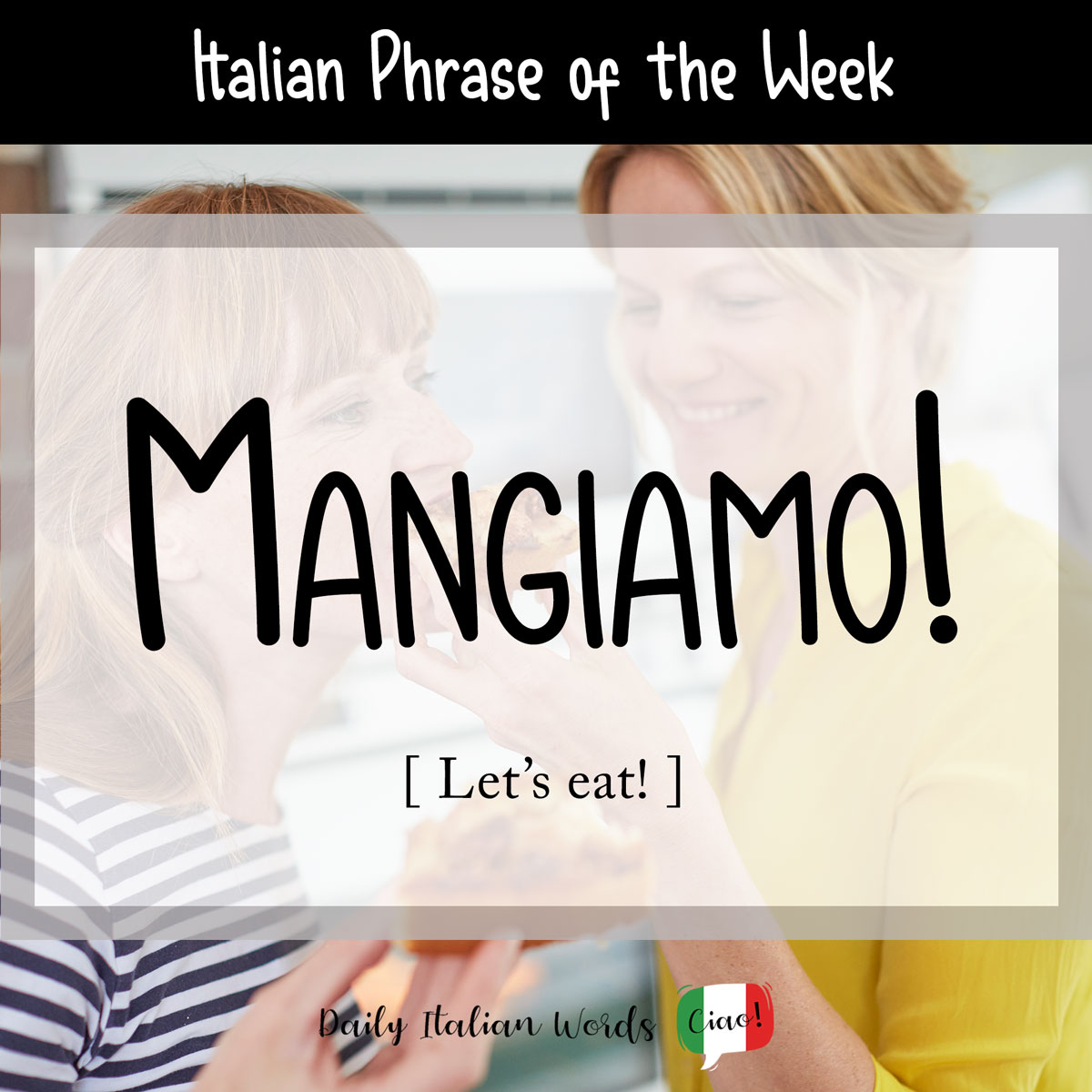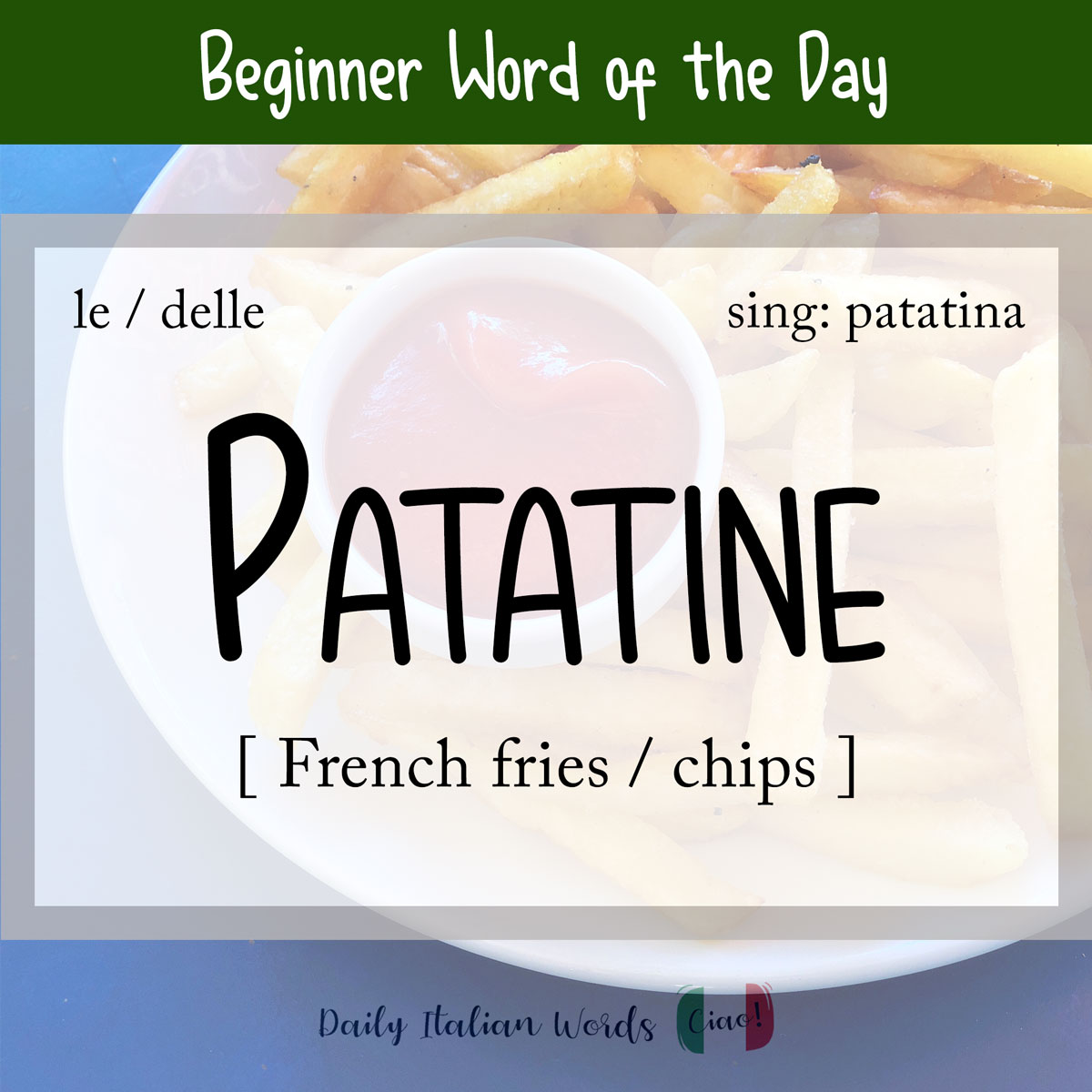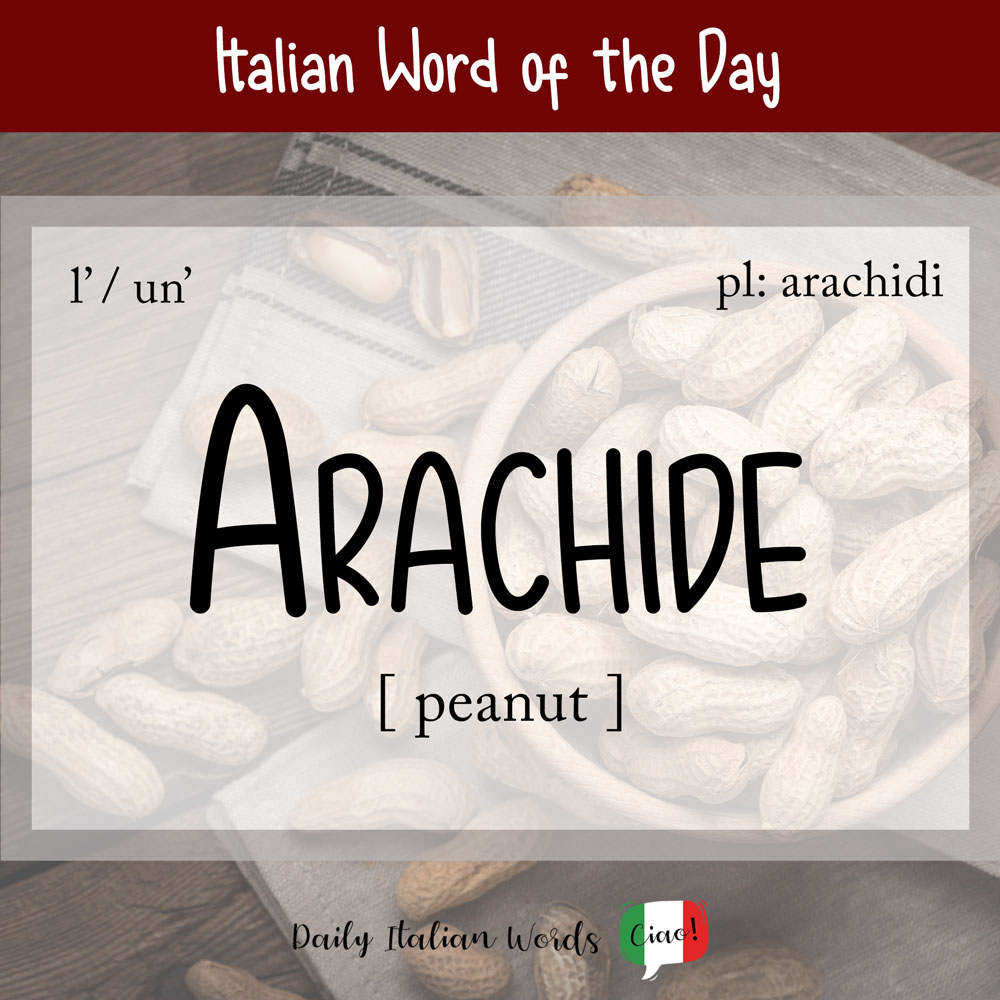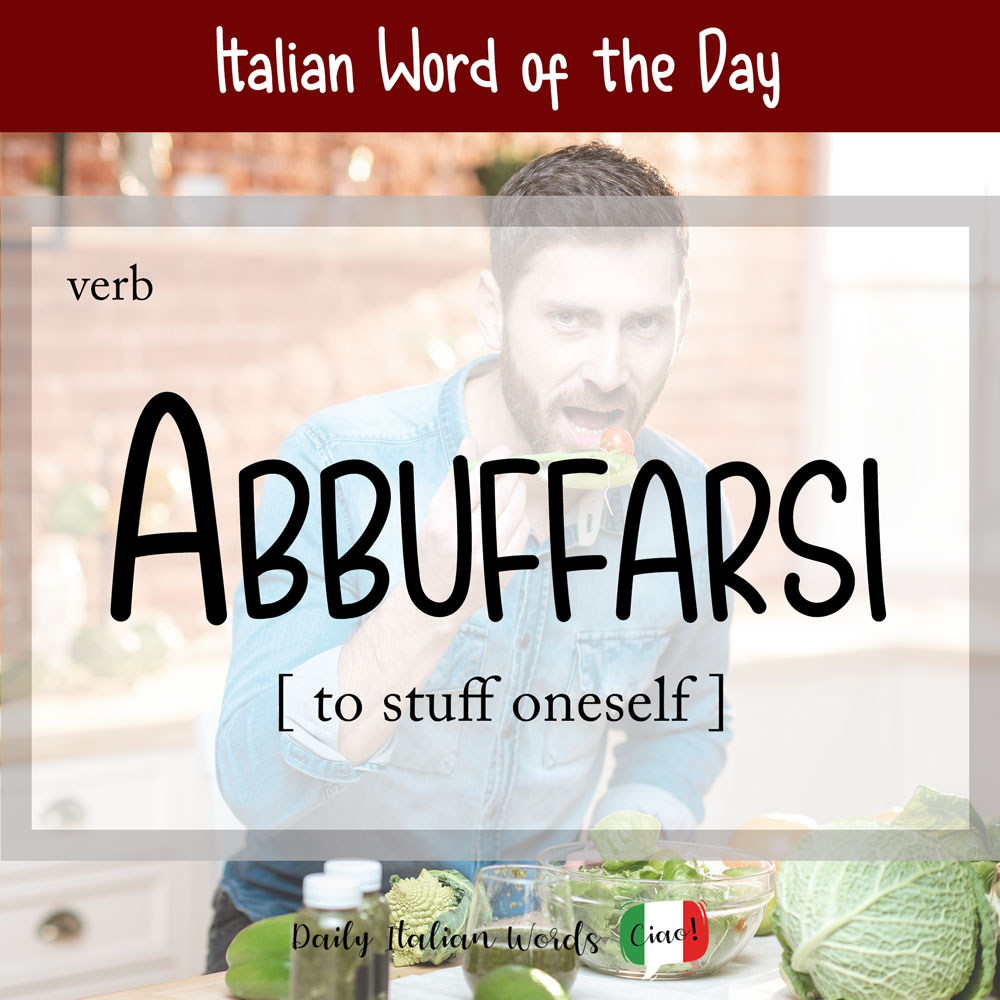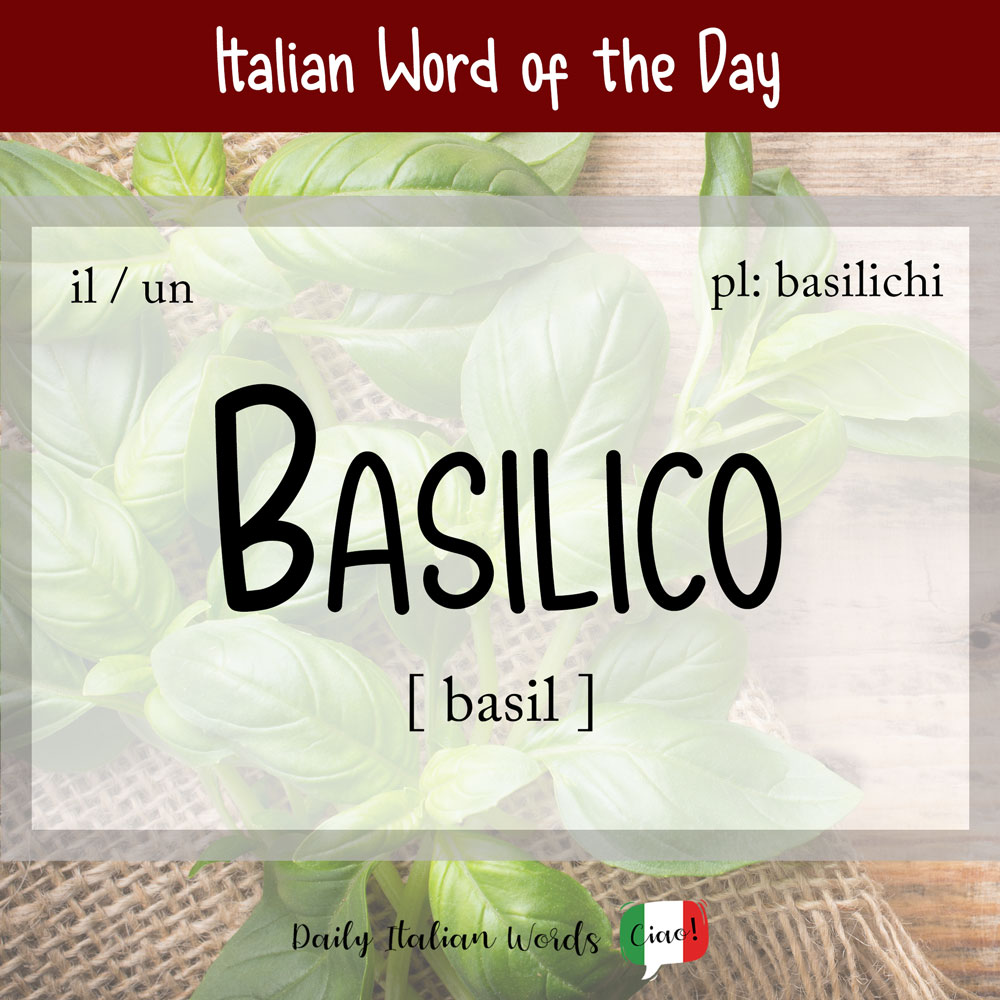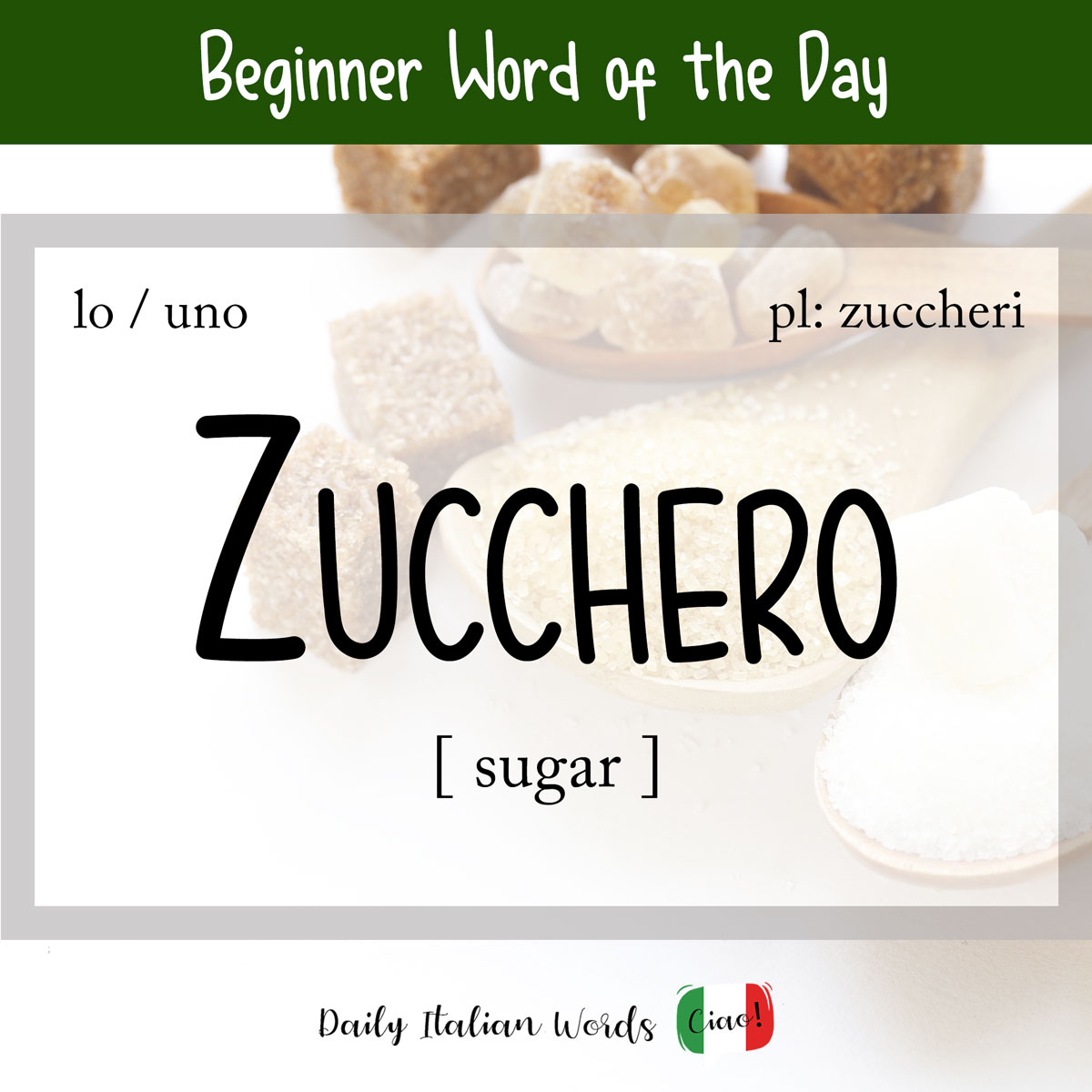Italian Phrase: Mangiamo! (Let’s eat!)
In Italian, any verb that follows the plural first-person pronoun noi (we) must be conjugated with the ending -iamo in the present tense. This means that, for example, the infinitive andare (to go) becomes noi andiamo (we go), fare (to do/make) becomes noi facciamo (we do/make) and venire (to come) becomes noi veniamo (we come). …

